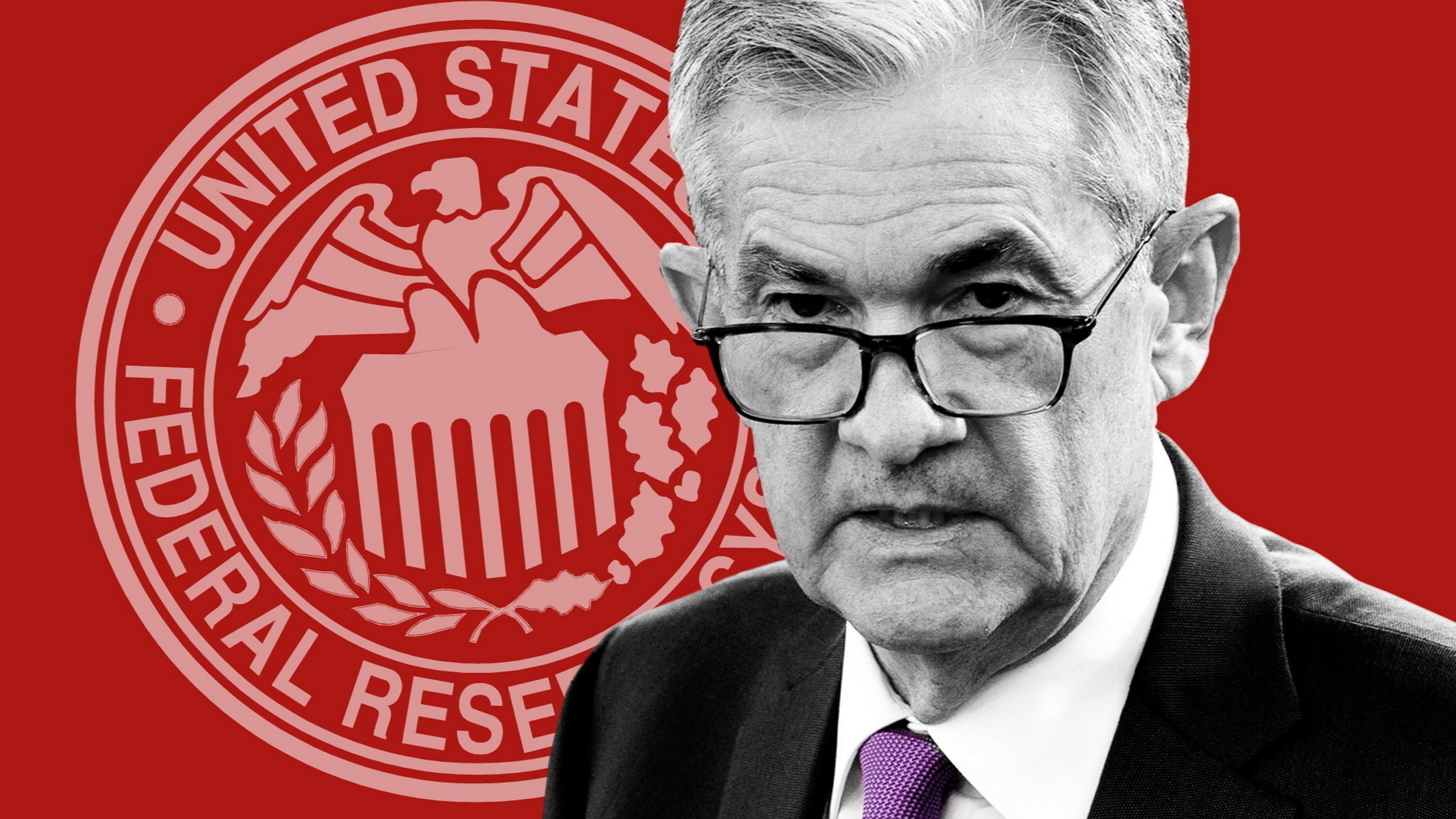Japanese authorities are closely watching the upcoming Jackson Hole symposium hosted by the Federal Reserve this week, as they fear that potential hawkish signals from U.S. central bankers might lead to another significant drop in the yen’s value. This could compel Tokyo to step in to support the currency.
The annual gathering of Federal Reserve officials and global policymakers is historically a platform for central bankers to recalibrate and signal their future actions to the markets. Recently, there were expectations that Jerome Powell, the Chairman of the Federal Reserve might consider putting an end to interest rate hikes, given signs of moderating inflation.
However, Japanese officials are worried that Powell might signal the opposite due to ongoing price pressures. This could trigger a repetition of last year’s sharp decline in the yen’s value against the dollar, forcing Japanese authorities to intervene again to stabilize the currency.
Although the yen’s performance is largely influenced by fluctuations in the dollar its weakness has become politically challenging not only for Prime Minister Fumio Kishida but also for the Bank of Japan. The bank’s loose monetary policies have been criticized for driving up import costs. Masafumi Yamamoto, Chief Currency Strategist at Mizuho Securities, stated that authorities are not as concerned about the weak yen as they were last year around September and October. However, if a deteriorating economy affects the government’s approval ratings, the likelihood of intervention could increase.
Upcoming Federal Reserve Interest Rate Outlook and Bank of Japan’s Participation at Jackson Hole
Market expectations suggest that the Federal Reserve will maintain interest rates within the current range of 5.25% to 5.5% until the second quarter of next year before considering easing. Investors are keen on clues about potential additional rate hikes from Powell’s speech on Friday.
Bank of Japan Governor Kazuo Ueda is scheduled to participate in the Jackson Hole meeting, which has presented challenges for Japan in the past.
In 2010, the suggestion of implementing quantitative easing by then-Fed Chairman Ben Bernanke led to a surge in the yen’s value. This prompted Masaaki Shirakawa, the BOJ head at that time, to cut short his participation and convene an emergency meeting in Tokyo to adjust monetary policies.
This time, the focus is on the yen’s weakness. Japan has shown less concern about recent instances of yen depreciation, issuing fewer verbal warnings even as the dollar surpassed the 145 mark that triggered intervention last year.
Given the moderate pace of yen decline and the resurgence of inbound tourism highlighting the benefits of a weaker currency, authorities perceive the threshold for intervening in currency markets to be higher compared to the previous year.
However, this relatively passive approach could change if Powell’s hawkish comments lead to a rapid increase in the dollar/yen exchange rate. According to government officials familiar with Japan’s currency policy, if the movement becomes more rapid, Japan might adopt a more active stance.
The yen experienced a decline of approximately 1.5% against the dollar this month, significantly slower than the 4.8% drop seen in the three weeks leading up to October 21 last year when the dollar reached a 32-year high above 150 yen.
While authorities emphasize that the speed of currency movement is more important than specific levels in triggering intervention, breaching the 150 yen mark could intensify political pressure on Prime Minister Kishida to take action.
Amid declining approval ratings, Kishida revealed a plan to mitigate the impact of rising fuel costs attributed in part to the weak yen. Atsushi Takeuchi, a former BOJ official, explained that intervention timing has always been a politically charged decision in Japan, ultimately resting with the prime minister. Key thresholds like 150 are crucial for political reasons as they are easily understandable.
Japan faces a complex dilemma as core inflation has surpassed the central bank’s 2% target for 16 consecutive months, driven by higher import costs due in part to the weak yen. To safeguard the fragile economy, the Bank of Japan has reiterated its commitment to maintaining ultra-low interest rates. Despite this, the bank increased the cap on long-term bond yields last month.
The dovish stance of the Bank of Japan, coupled with the possibility of sustained higher U.S. interest rates, has kept the dollar trading around a nine-month high against the yen, reaching 146.565 yen last week.
However, while concerns about the Federal Reserve’s actions and China’s economic challenges could refocus attention on yen movements, doubts persist about the effectiveness of intervention.
Daisaku Ueno, Chief Currency Strategist at Mitsubishi UFJ Morgan Stanley Securities, noted that authorities might be able to smooth the pace of currency fluctuations but have limited influence over overall levels and trends, which are largely shaped by U.S. monetary policies.












